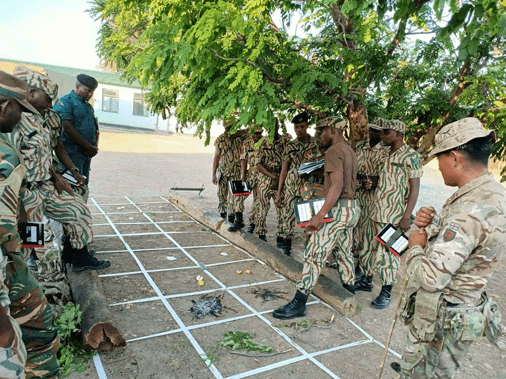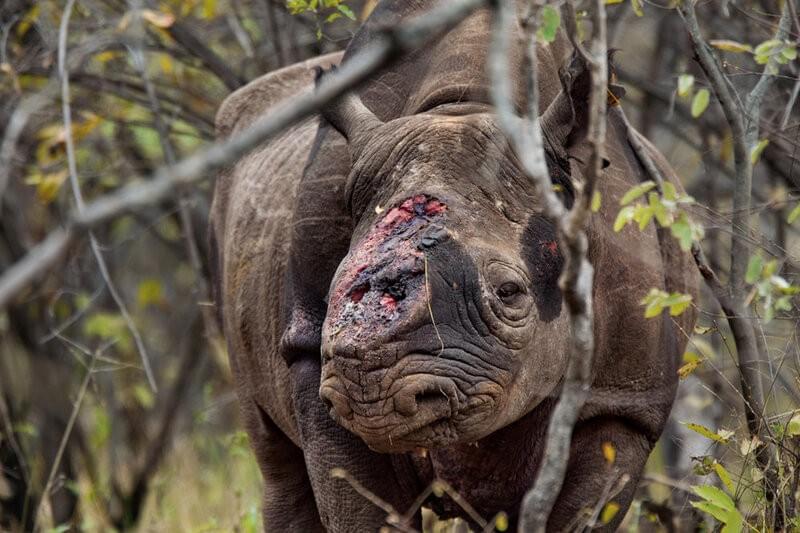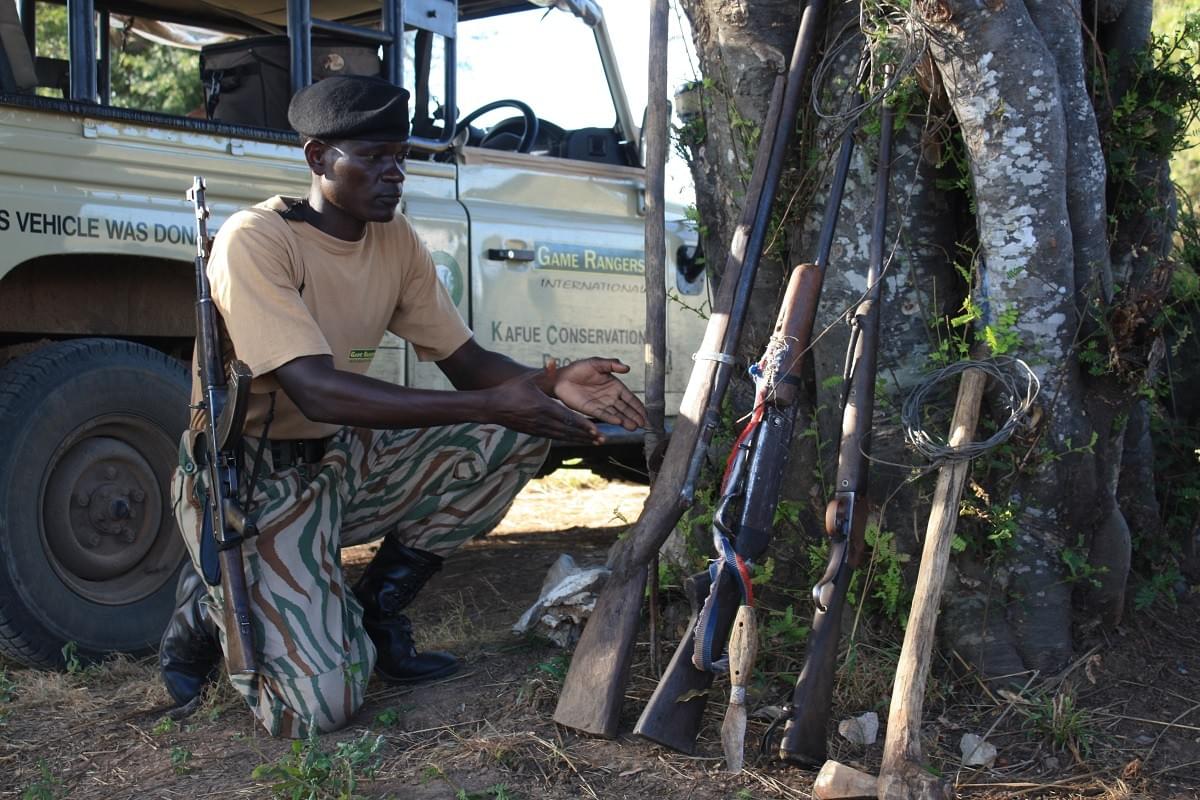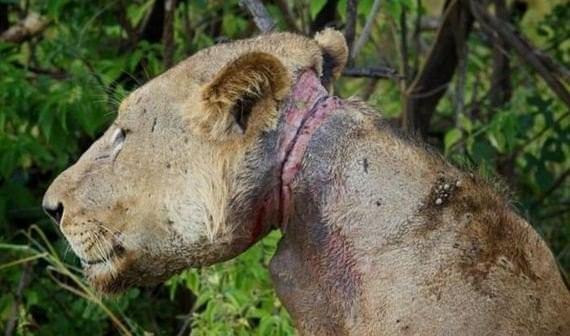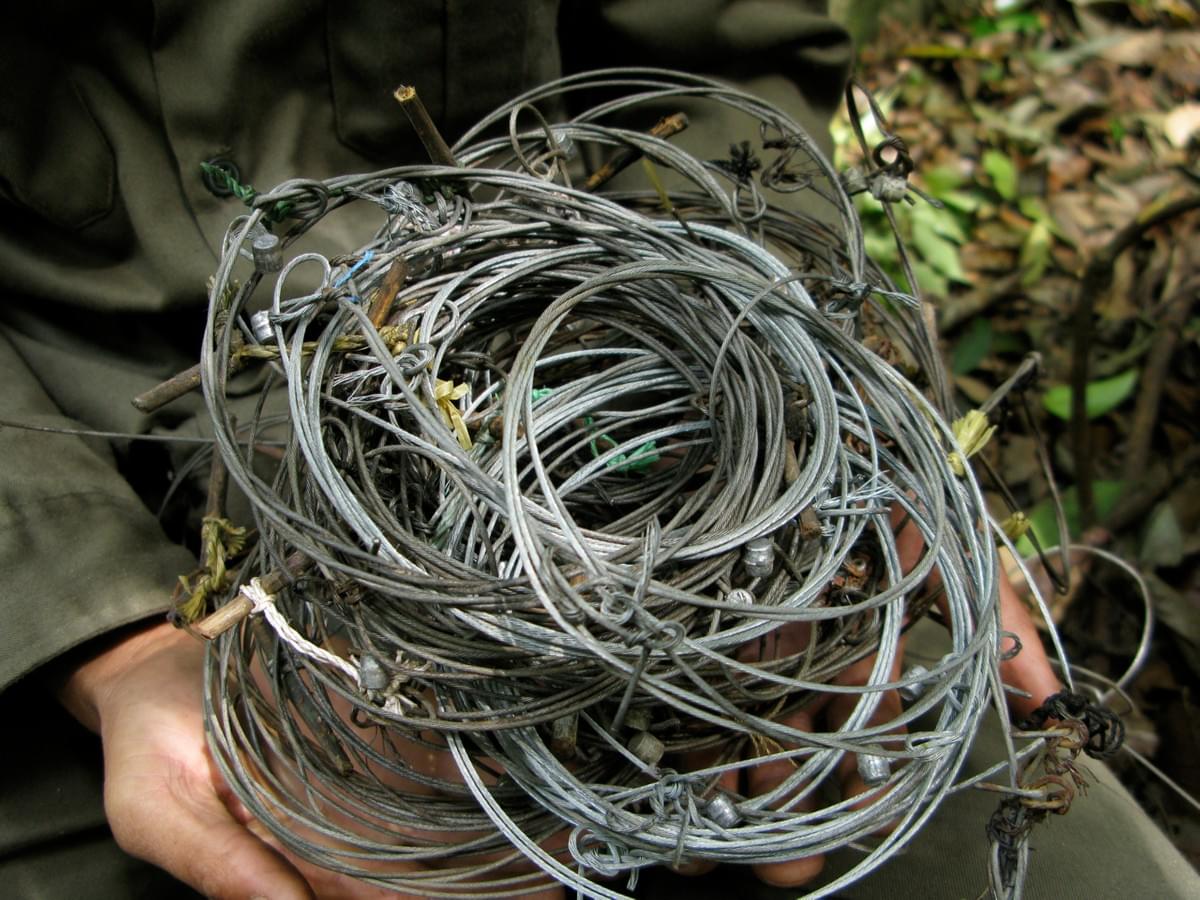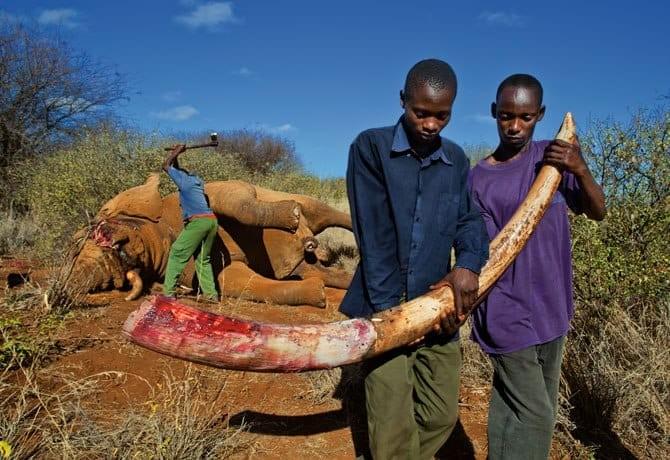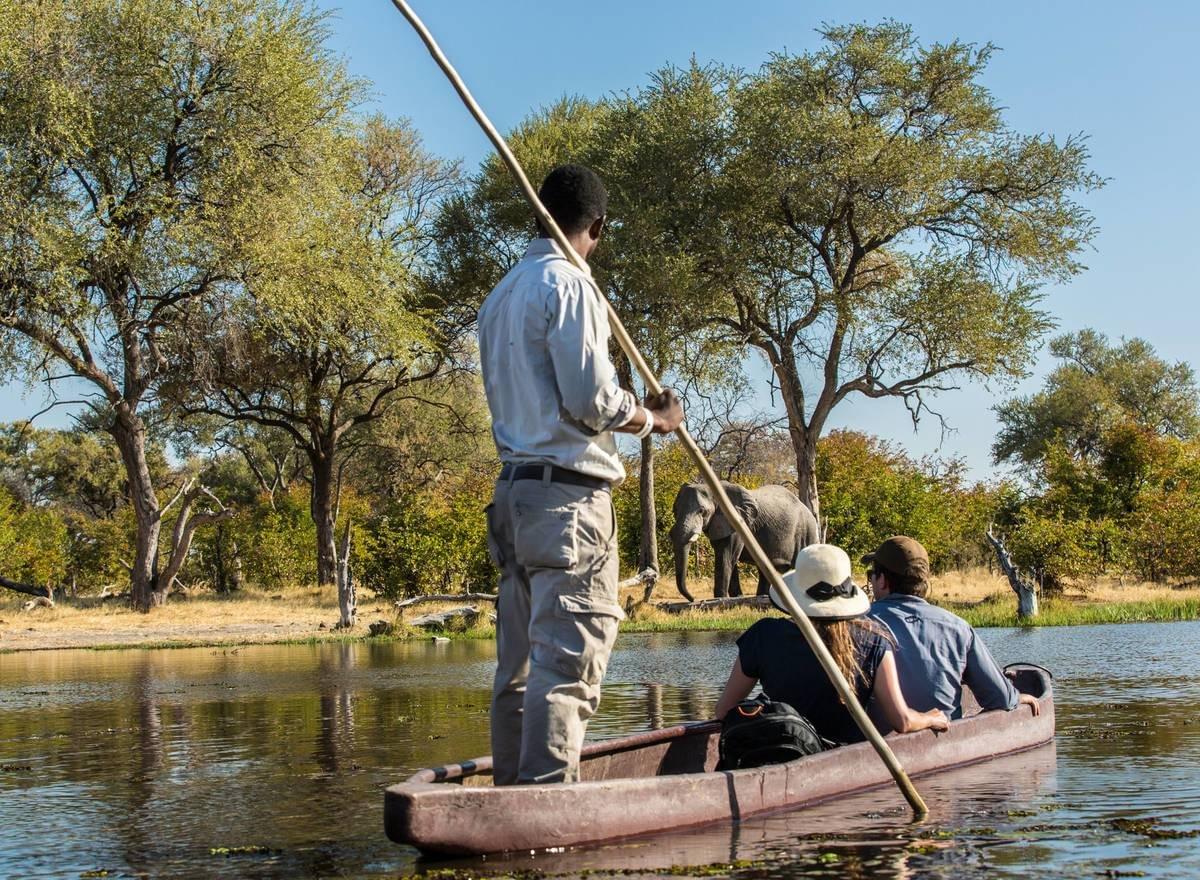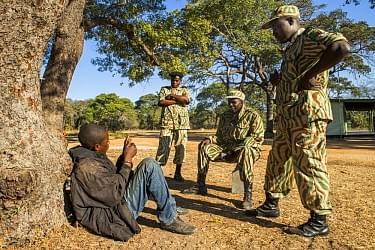

POACHING
Viewer discretion is advised.
Some people had a belief that when they get fats and other parts from the animals mixed with other species of trees then they can have the same strength like that particular animal and a lion was the victim.
Some people used to kill animals just for the Nice Claws for necklaces.
Some just for home consumption as meat.
TECHNOLOGY IN POACHING
THE IMPACT OF POACHING & ECOLOGICAL POINT OF VIEW
Most people are aware of the reducing population of wild animals across the world, due to many different factors, many of which are too specific to discuss, such as the trade in rhino horn, elephant ivory. It should also be stated that these declines are usually not due to one specific factor although there may be an over riding reason that accounts for the majority of the population loss.
Ecotourism consists of traveling responsibly to natural areas that aim to converse the environment, sustain the well-being of the local community, and involves interpretation and education. People taking part in ecotourism review that the place they’re looking to visit is protected from external dangers or unnatural impact, and use local guides to get an authentic tour experience and make a positive impact to the native people.
🛡️ What’s being done
- The government has trained game scouts and strengthened protection measures
- Ecotourism helps: when travelers visit responsibly, support local communities, and insist on conservation, they create positive incentives for wildlife protection
📣 How you can help
- Speak out against wildlife crime
- Support reputable conservation and safari organizations
- Travel responsibly—ask about anti-poaching measures
- Report suspicious activity if you see it

Address
217 Area,
Mos-oa-Tunya Road
Livingstone, Zambia

